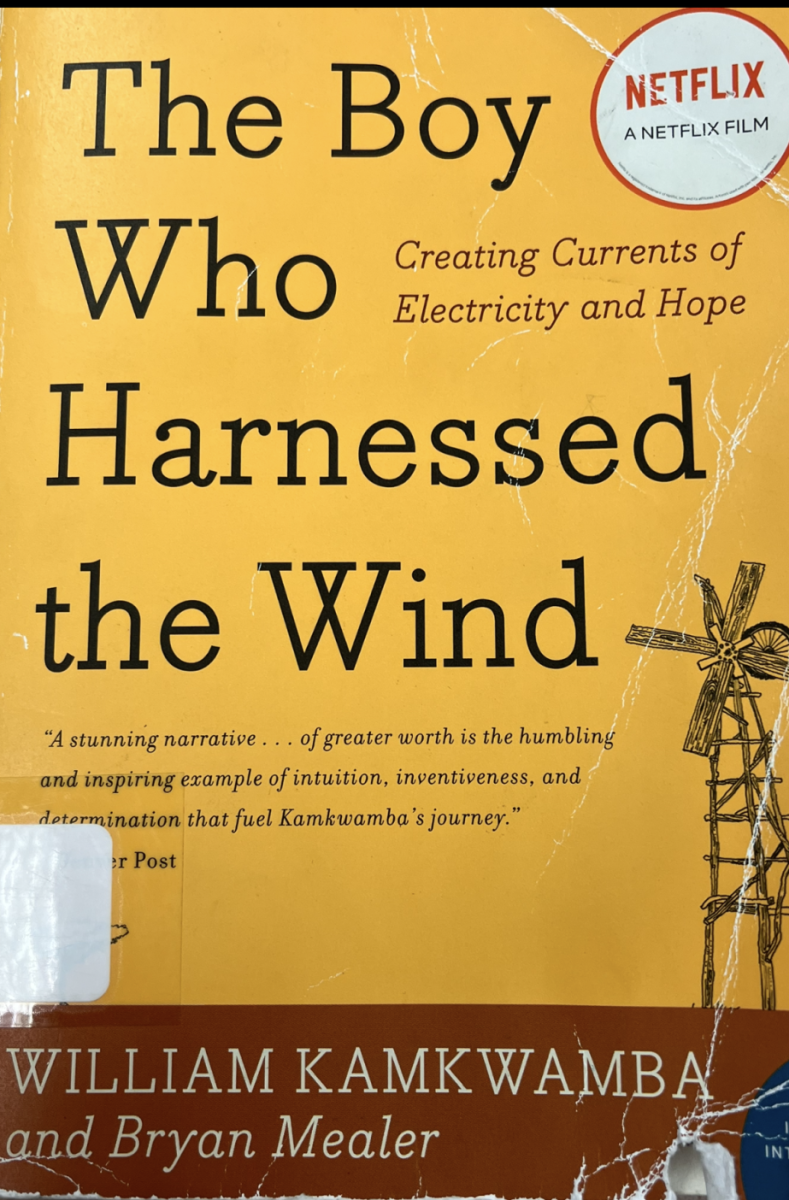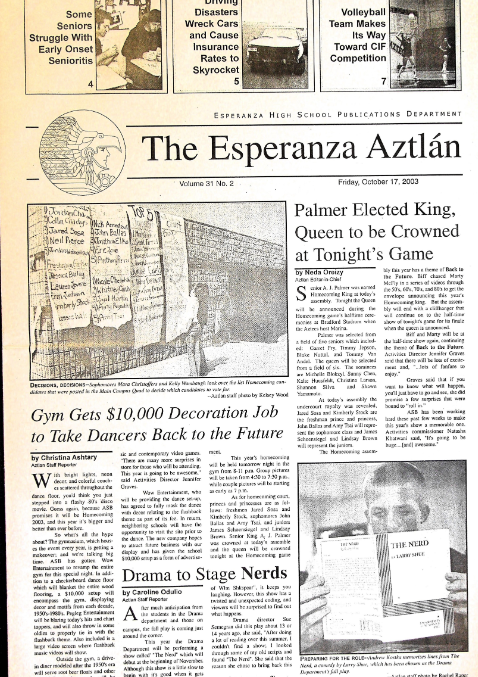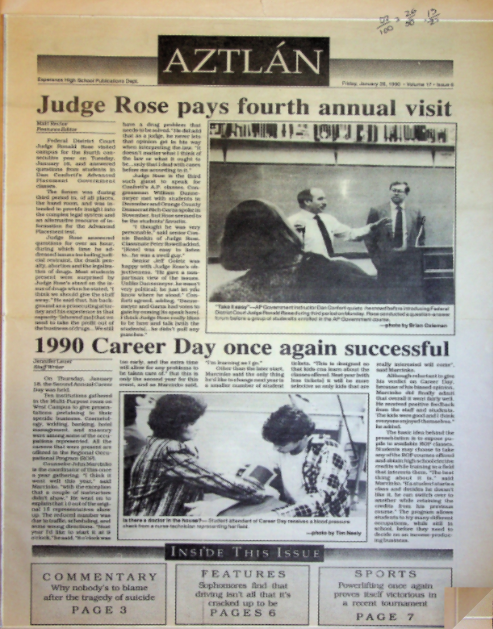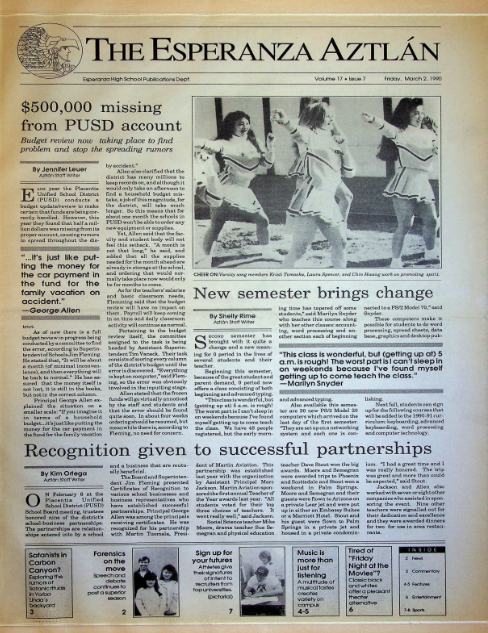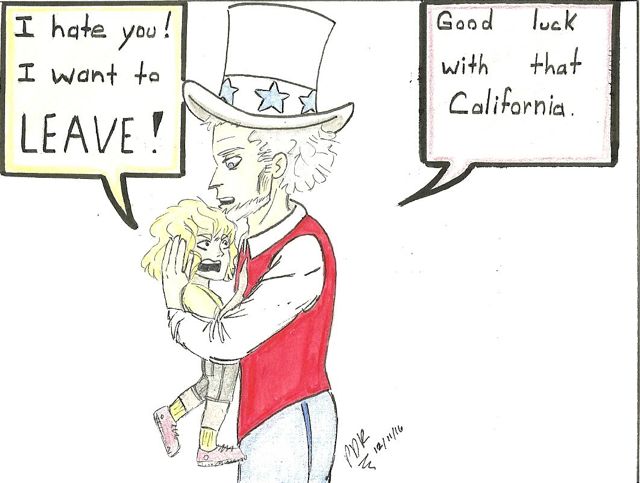Calexit: Why it Won’t and Shouldn’t Happen
Should we stay or should we go now? Noah Clay discusses the likelihood of Calexit.
In the wake of Donald Trump’s winning of the presidential race, protests of the election result erupted through the state of California. Many anti-Trump sentiments, such as the trending hashtag #NotMyPresident, appeared in Tweets and on signs alike, particularly in feeds and protests of Californian origin.
Such outrage at the election has fueled a spike in discussion about Calexit, an ongoing proposal similar to Brexit that promotes the idea of California’s secession from the United States and its institution as a new country.
Secession is not a new concept in the United States; 200 attempts have occurred in the country’s history for the state of California alone. Additionally, a 2014 poll found that 23.9% of Americans would support their state’s attempt at secession should the need arise.
Yes California, a political action committee that supports California’s secession, gained popularity after the election results. The committee plans to achieve this via a referendum set for 2019.
This feat is an improbable one, however. Texas v. White, a court case in 1869 following the Civil War, ruled that a state cannot independently leave the Union; instead it must not only get approval from 38 of the 50 states, but also garner a two-thirds majority in both the Senate and the House of Representatives.
From a historical standpoint, attempts at secession in the United States have never been considerably successful. The most successful and famous attempt was that of the South during the period leading up to and throughout the Civil War. Such a high level of tension and nationalism has yet to be emulated for the current cause, but it goes without saying that the country is tense enough as it is and that we don’t necessarily need this cause to fuel it.
Besides, the Civil War originated from an immense sectional dispute over slavery, which was a major national discrepancy at the time. Trump’s win may be divisive of many citizens’ beliefs and loyalties, but it’s nowhere near as schismatic of a national dispute as slavery was, so there won’t be as major of a result, namely any kind of secession from the Union.













